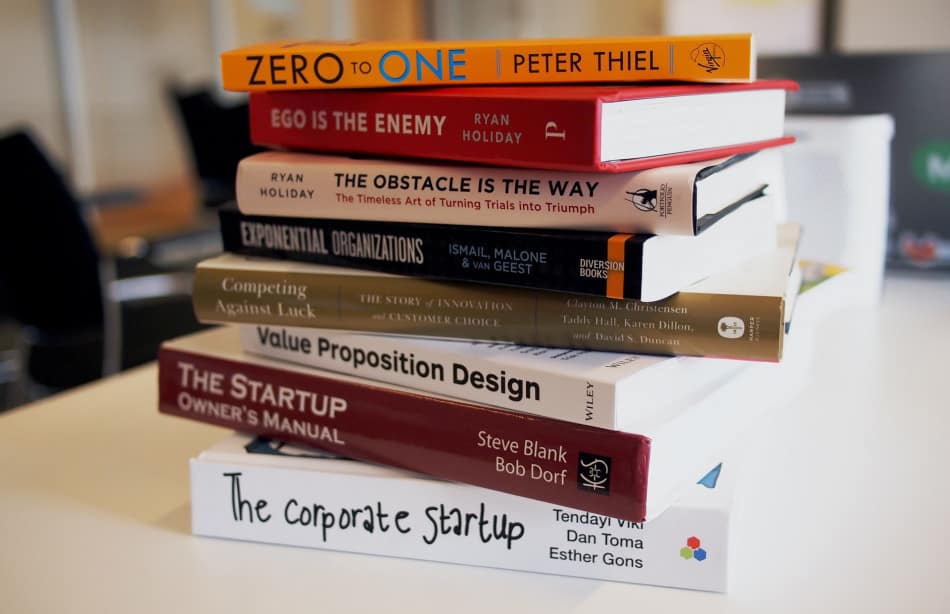Although economics is a social science, it is interlinked with other fields such as mathematics, law, and even pure sciences like chemistry, psychology, and biology.
That makes it sound like economics could be a difficult topic to learn, but is it?
Economics can be hard to learn, due to its detailed theories, market analyses, predictions, data interpretations, theories of human behaviour and mathematical concepts. Additionally, most principles are highly theoretical and dependent on trends. Having said that it’s perfectly possible to learn for anyone with a logical mind and an interest in the subject.
Studying economics can be easier with the right learning strategies, which we’ll cover in this article.
Why Is Economics Hard To Learn?
Economics can be challenging to understand, especially when dealing with multiple economic variables, complex principles like transaction cost, and its mathematical foundations.
Still, the basic economics concepts are easier to learn. For example, the relationship between supply and demand is straightforward.
The higher the supply and lesser the demand, the more likely prices will fall and vice versa.
But if you look closer into the influence of supply and demand on prices at a global scale or over longer time frames, then you must take into account multiple factors and the analysis becomes much more complex.
Economics also touches on other fields such as political science, geography, mathematics, sociology, psychology, engineering, law, medicine, and business.
These subjects impact economic analysis. Therefore, to learn economics, you should also understand the fundamental knowledge operating in these fields.
-> Read Also What Is An Autodidact?
What Makes Economics Hard To Learn?

Not all aspects of economics are challenging to understand. But it pays to identify what makes economics hard to learn, specifically the factors involved in the grueling learning process.
1, Wide Range of Theories
Economics consists of various theories and terminologies.
For instance, there are a lot of principles to consider when analyzing how to improve a country’s economy or a company’s business.
Coming up with an effective solution requires exploring multiple approaches.
2, Lots of Formulas and Equations
Mathematics and econometrics are crucial parts of studying economics.
So, many formulas and equations will be memorized and used.
Moreover, econometrics has actual mathematical tests and tools used in case studies or research papers.
-> Read Also Is Linear Algebra Hard?
3, Reading Data and Graphs
Mastering economics also means being adept at reading and interpreting data and graphs.
For example, analyzing a diagram of a business trend can help you make sound decisions on what action to take for increased profitability.
4, Tedious and Boring
For those who are not really into maths or these highly analytical concepts, staying interested and motivated in this course would be an uphill battle.
This is why taking economics should be rooted in personal interest, as it’s easier to get motivated when you’re genuinely receptive to the subject.
5, Hard To Teach
Econmics can be a complex subject, so you really need a good teacher to bring it alive and engage you.
This is difficult to do, so if you end up with a boring teacher it will make it much harder to learn.
This can be abetted by supplementary self-learning, documentaries and YouTube videos.
6 Tips on How To Learn Economics Effectively

1. Make the Right Study Habit for You
Research suggests that study habits are the most crucial predictor of academic performance. This shows that effective learning is a skill enhanced by practice and consistent review rather than an inherent ability.
Here are some tips on how to start and maintain a study habit:
a. Use the Right Reading Techniques
It is crucial to take time to read your lessons in advance so that you know what to expect or you can be ready, especially if your professor gives you a pop quiz.
Moreover, it can help you better understand the subject and make you ask questions about some points you may find confusing.
Top Reading Techniques
Since economics demands analysis in many aspects, reading has become a crucial part of this process. Here are some top reading techniques you can try to comprehend complex economic concepts.
- The SQ3R Reading Technique
- Skimming
- Scanning
- Active reading
- Detailed reading
- Speed Reading
- Structure-Proposition-Evaluation
b. Review Your Previous Lessons
It is better to check and review previous lessons before moving on to new economic concepts and theories.
Remember, you must grasp the information thoroughly to apply the correct ideas, skills, and decision-making strategies in a specific economic situation.
c. Practice the Pomodoro Technique
Time management influences study habits. You can use the Pomodoro technique to plot your study time.
Break your study period into chunks with a 25-minute duration and a 5-minute break after each window.
By dividing your time, you allow your brain to process more information as it experiences less strain from absorbing so much knowledge.
Also, if you have done four Pomodoro, you take a more extended break of 15-20 minutes.
2. Use Free Online Learning Materials
Learning by the book is a standard approach when it comes to studying economics. But with the plethora of learning materials online, you opt to explore other types that might be a better fit for your learning style.
Whether these are videos, online quizzes, PDFs, or websites presenting simplified yet rich economic discussions, check them out if you’re aiming to pass the course easily.
Websites::
Video Lectures:
- Video and Audio Lectures in Economics
- Video Lectures: Economics Course
- DrAzevedoEcon
- CrashCourse: Economics
Using these learning resources allows you to understand the topics from different lenses.
Additionally, reviewing these references exposes you to multiple analytical techniques, trends, and updated theories that may not be discussed during lectures.
3. Never Miss Lectures or Classes
Economics is a demanding course, so you cannot afford to miss a class; otherwise, you’ll struggle to cope with the discussion.
Therefore, if possible, attend all your classes and pay attention to the lectures.
It would also help to sit in front of the class, forcing you to concentrate and be more present.
-> Learn More about Self-Learning vs. Classroom Learning: Which Is Better?
4. Take Good Notes

Taking efficient notes can help you improve your comprehension of economics lectures and readings.
Given that economics covers various terminologies, it would be beneficial to write them down (old school style) as it improves your memory instead of simply capturing the lectures using apps on your phone.
Here are some note-taking techniques you can try:
a. The Cornell Method
It was created at Cornell University and has been used for decades. You divide a blank page into two columns and record, question, recite, reflect and review the information you noted.
B. The Outline Method
Using a linear method, organize your notes with headings and bullet points. Then, write the essential information down the page.
This can be a helpful technique if the information is newly introduced.
C. The Mapping Method
If you are a visual learner, this method suits you well. First, start with one main idea in the middle.
Then, branch out the significant points from the main topic and make smaller branches as sub-points underneath.
D. The Chart Method
This is ideal if the topic has different categories. You start by dividing the blank page into columns with the main points at the top.
Then, you write the sub-points below each category.
5. Ask Questions
Asking good questions is vital to your learning and encourages critical thinking, which is a crucial skill in studying economics.
In fact, the core of economics was expanded by bringing up the right questions relating to business and basic needs.
Moreover, economics requires a higher order of thinking skills to analyze trends, theories, and concepts in different contexts.
So, ask your professor or peers when you do not fully understand the concepts.
6. Discuss With Your Classmates

Research shows that peer discussions enhance understanding, especially when you are challenged with questions and asked to discuss or share your perspective regarding an economic case.
Since economics revolves around analysis, calculations, and theories, use it as a springboard for fruitful discussions with your classmates and open your mind to other people’s ways of thinking.
Plus, it can help you learn and understand this comprehensive course better.
-> Learn more about the 7 best websites for self-learning
Summary
Studying economics can be challenging, especially if this is not your forte. Learning and memorizing a wide range of theories, concepts, terminologies, graphs, and equations can be tedious.
On a lighter note, mastering economics can be rewarding, especially if you are heading towards a career in business and politics.
Taking the course is worth it, and the learning curve can become less steep following the proper studying techniques.






